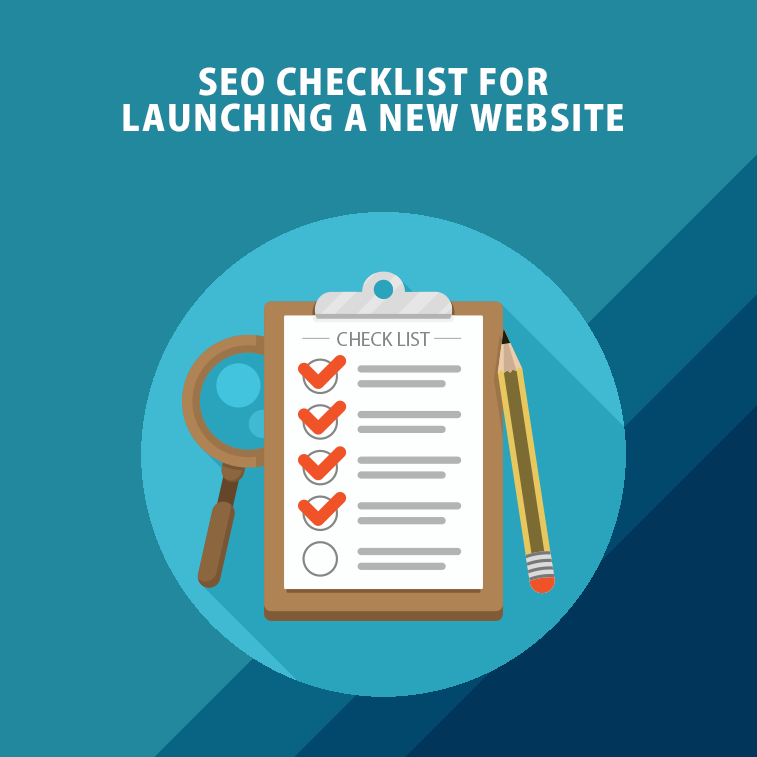So you have launched your very first website! Congrats! But one thing spoils the fun – you cannot find it on Google (or any other search engine, such as Bing, Yahoo or AOL). You have only heard about search engine optimization but are not yet ready to get into that fuss? If so, we can help.
Let’s say that (1) your website uses WordPress as a content management platform and that (2) it is not that big in terms of structure and functionalities (like a massive web shop). Simple presentational website is what you have at your hands. If it is SEO-friendly (with pretty URLs, no duplicate pages such as www and non-www, if website language is clearly defined, if your website has categories and subcategories, all meta tags, and alt tags on images, h1/h2/h3… hierarchy, etc.), that is – if the developers did their work properly, then you can start working on other things by yourself. If you want it to appear on Google, you need to make sure that some of the following things are in order.
Mind you that this is only a beginner’s checklist and that there are many more things that need to be done in terms of technical SEO if you want to fully optimize your website and reach page one of Google.
How To Optimize a Fresh Website
So, you do not know much about SEO but you do know that it all revolves around links and content (the “Content is king” phrase everybody talks about for the last twenty years or so). That is where we start off.
1. Start with earning a link
Roughly speaking, links are a major signal to Google that invites its crawlers to index the website.
Since we are not going to go into onsite (technical) details now, the first thing you need to do is to obtain a link (preferably relevant – such as a recommendation from another site to visit yours). You can ask a friend to mention you on their website or blog or go to online news portals and share your (business) story. Whatever you think would be easiest.
Since Google bans buying links, do not even consider this as an option unless you want a penalty. Whenever they ask money for the link – stay away from them.
By earning a link, Google will be able to reach your website faster, since this is a clear signal that your website offers some value to the viewers. Back in the day when a number of links was a major ranking factor, getting any link would be desirable, but today – make sure that another website is at least from the same or similar branch as yours and that its content (and niche) are relevant to your beeswax.
2. Register on social media
Social media platforms are a great way of earning links. Since businesses become popular when they publish something interesting or useful, you can – for the moment – register on all major (and minor) social networking websites, such as Facebook, Google+, LinkedIn, Xing, Twitter, Instagram, Pinterest, Tinder, Tumblr, YouTube, Daily Motion, Vimeo, etc. You can see a full list on Wikipedia if you would like to get them all.
Of course, each of these social networks has its own audience and you can make your publishing plan according to the platform, but for the moment – we highly recommend getting a professional profile on each and every one of them to make sure that nobody takes away your brand name and prevents you from reaching your audience (such as nasty competition).
3. Structure
Before people (and Google) come to your website, you also need to make sure that it is structured properly – so that they can find what they are actually looking for. If your website is not relevant to its visitors, they will leave. Think of the pages which are the most important and link to them from other pages. For example, if you have a landing page where people are supposed to buy your service or product – you need to lead them to it, and an internal linking structure would be of great aid to both visitors and crawlers.
4. Keywords & writing
If you are not ranking for a term you want, the odds are that you are probably not using it (or at least not using it properly) on the website. So, research your keywords, revise them, make a list of the major ones, and see if you have pages that could rank for them. Make sure not to stuff your pages with keywords – otherwise, this can only backfire on you. Use one keyword for each page, and use it wisely – have only one h1, use the keyword in the page title, meta description, if there are any images – fill out their alt tags, and make sure that the textual content on the page is truly useful and remarkable.
And the last, but not the least, is to build links. You can start from social networks as we have already mentioned above, but you can also expand your activities to relevant blogs and other directories. For starters, when your website code is all valid, and you have submitted your website to Google, you can also start a blog and share relevant texts with your audience. This is a great way to make your site agile and attract visitors and spiders to check it out.





